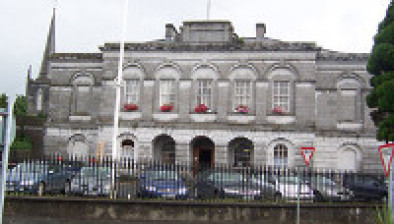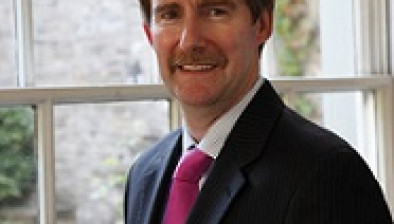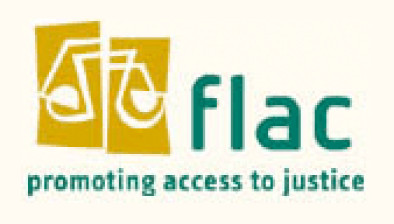England and Wales: Criminal barristers’ strike begins

Criminal barristers across England and Wales have begun strike action in protest over inadequate legal aid fees.
The Criminal Bar Association (CBA) refused the offer of a 15 per cent uplift in fees, saying it was insufficient in the wake of deep cuts to the legal aid budget and pointed out that it will not apply to the backlog of 58,000 cases.
The CBA said incomes have declined by nearly 30 per cent over the past 20 years and that criminal barristers make an average of £12,200 after expenses during their first three years in practice. The poor remuneration has driven 22 per cent of the junior bar out of the profession since 2016.
Striking barristers spoke of being paid less than minimum wage for court hearings when travel and preparation were taken into account and not being paid at all when hearings were cancelled.
Mira Hammad, who called to the bar in 2019, told The Guardian: “The criminal justice system is falling apart. Cases aren’t going ahead because there aren’t enough barristers, there aren’t enough judges, there’s not enough court resources.
“As a criminal barrister you can’t earn enough, so I do inquest work as well as crime. If I was doing solely crime I would not be able to earn a living. It’s unsustainable for anyone involved in the system.
“The fact that there’s no funding in the system means that it’s also an incredibly stressful and frustrating job to do. You don’t get paid well and you’re constantly having to work within a system that is just completely dysfunctional.”
Andrew Fitch-Holland, who called in 1990, said barristers’ goodwill had been exploited.
“People are at breaking point, I’ve seen colleagues in tears,” he said. “I know of the level of personal debt people are taking on. We are all struggling to make ends meet and frankly sick and tired of not being paid for the work we do.”
He added: “We’re not being greedy, we’re not fat cats. There have been a series of brutal cuts to our funding at a time when also, over the years, the demands of the job have increased. So we’re not only getting paid less, but we’re being asked to do more for less. We have reached an existential crisis and the criminal bar is haemorrhaging members.”
In a statement, Justice Secretary Dominic Raab, who was a trainee at Linklaters in 2000, said: “It’s regrettable that the Criminal Bar Association is striking, given only 43.5 per cent of their members voted for this particular, most disruptive, option.
“I encourage them to agree the proposed 15 per cent pay rise which would see a typical barrister earn around £7,000 more a year.
“Their actions will only delay justice for victims.”
Barristers are walking out today and tomorrow and will increase the number of strike days by one each week, meaning that in the week beginning 18 July there will be a five-day walkout.









